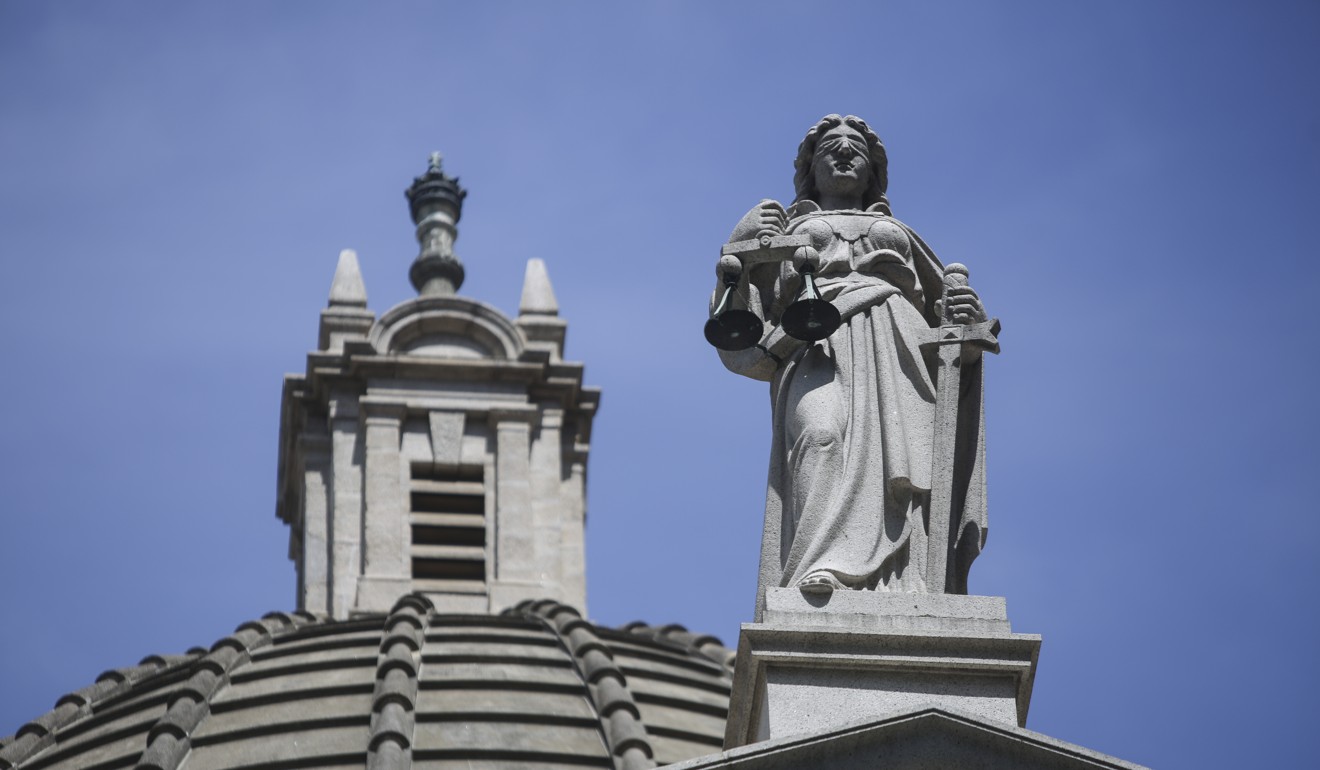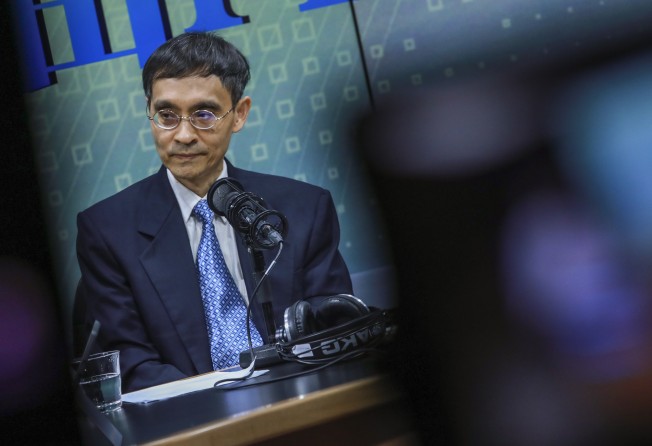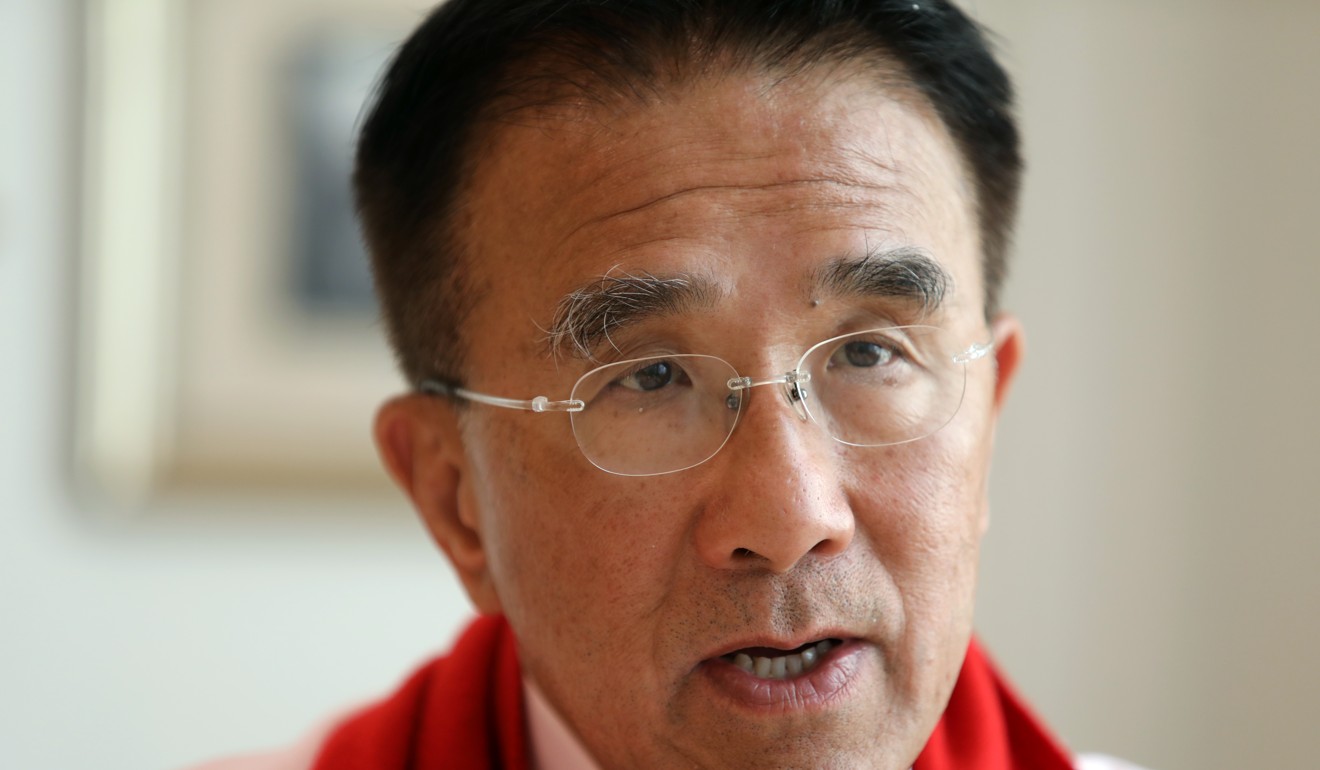
Hong Kong trials for offences in mainland China will not work, top legal scholar Albert Chen says
- Putting those accused of breaking mainland laws on trial in Hong Kong could be in breach of Basic Law, professor warns
- The academic had earlier hailed idea, raised by lawmaker Michael Tien, as deserving ‘further study and serious consideration’

A renowned Beijing-friendly legal scholar in Hong Kong has backtracked on a proposal to exempt residents from being sent to mainland China for trial under the controversial extradition bill.
Professor Albert Chen Hung-yee, of the University of Hong Kong, said on Monday the idea of putting those accused of breaking mainland laws on trial locally, which he previously hailed as deserving “further study and serious consideration”, could be in breach of the Basic Law, the city’s mini-constitution.
The bill, if passed, will allow the transfer of fugitives to jurisdictions the city does not have an extradition deal with, including the mainland and Taiwan.
Chen, a constitutional law expert, said adopting such an exemption would mean asking the courts in Hong Kong, where the common law was used, to apply civil law standards, on which the mainland legal system was based, to hear cases.

“The Basic Law says mainland laws won’t apply in Hong Kong unless they are those listed in Annex III,” said Chen, who also sits on the Basic Law Committee, which advises the country’s top legislature on Hong Kong’s constitutional matters.
“And traditionally, under common law, the basic principle is that Hong Kong courts only have jurisdiction over criminal offences committed within the territorial limits of Hong Kong.
“There will be a need to amend a lot of Hong Kong’s laws if we are to let our courts hear offences committed outside Hong Kong.”
He said such an arrangement also involved the internationally accepted principle of “non-extradition for nationals”.
“Hong Kong and the mainland are not under country-to-country relations and Hong Kong residents are not Hong Kong nationals either,” he said in a radio interview.
His comments appeared to contrast with those he made last month in a blog piece, in which he said legislator Michael Tien Puk-sun’s idea of excluding Hong Kong people from the proposed ad hoc extradition arrangements deserved further study and serious consideration.
The Hong Kong government has rejected Tien’s ideas.

The bill, which the government is to table to the full Legislative Council on Wednesday next week for its second reading, has been opposed by critics of the mainland legal system and those who fear it will be abused by Beijing to target local residents on political grounds.
To ease public concerns, the government removed some economic crimes from the bill and last Thursday made further concessions.
The threshold for allowing extraditions under the bill was raised from crimes which carried a minimum three years’ imprisonment to those with a sentence of at least seven years.
For the mainland, the extradition request has to come from the Supreme People’s Procuratorate.